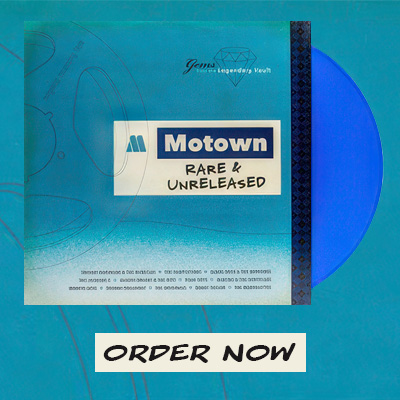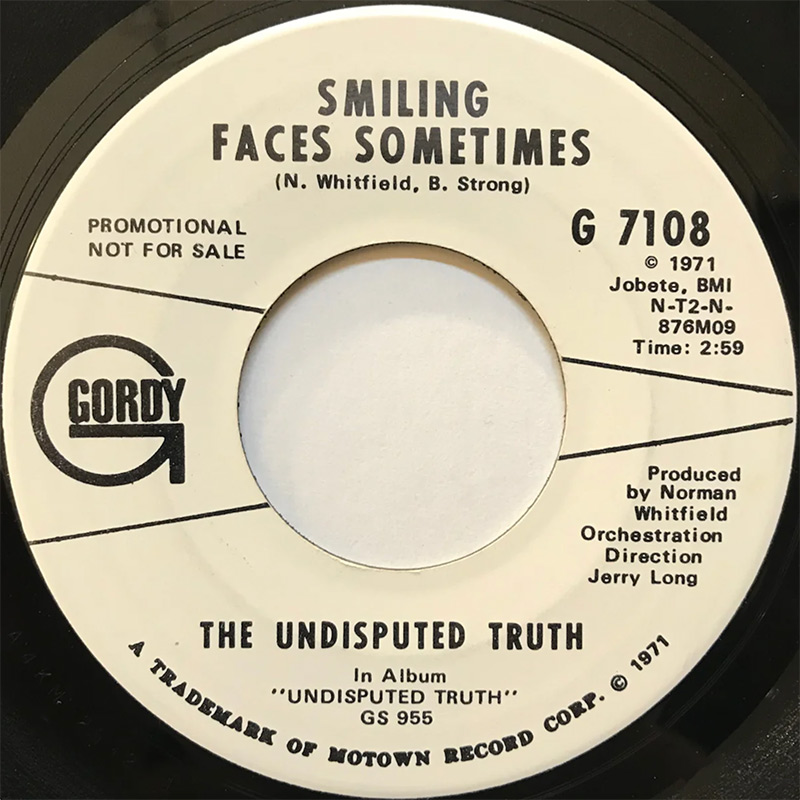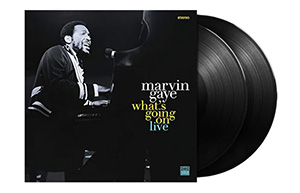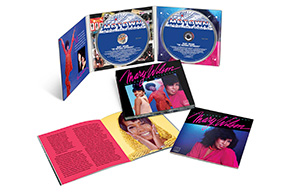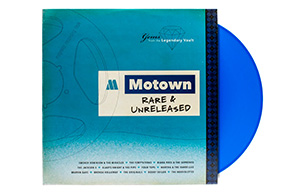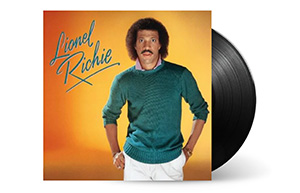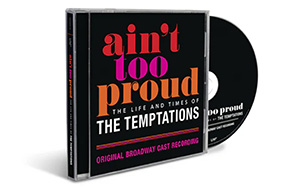The Undisputed Truth “Smiling Faces Sometimes”
Released as a single (Gordy 7108) on Thursday, May 13, 1971.
Broadway musicals South Pacific and The Sound Of Music were not usually how Motown hitmakers learned their craft, but that was the case with Billie Rae Calvin, one of the Undisputed Truth. She studied drama in high school in Los Angeles and appeared in productions of those shows; while still a student, she met Brenda Joyce Evans and joined a girl group called the Delicates. Later, the pair moved to Detroit and began working as background singers at Motown, where ace producer Norman Whitfield was strategizing a new act for the company.
This turned out to be the Undisputed Truth, for which he chose Calvin, Evans and a male lead singer with strong Motor City music credentials, Joe Harris. Whitfield was seeking a new vehicle for his increasingly adventurous sonic productions, and touted the trio as such. The Truth’s 1971 debut single, “Save My Love For A Rainy Day,” brightened no charts, but their second, “Smiling Faces Sometimes,” lit up the sky later that year, reaching Number One on the Cash Box Top 100 and the Top 3 of the Billboard best-sellers.
“Smiling Faces Sometimes” was first recorded by the Temptations under Whitfield’s jurisdiction as a 12-minute soundscape which mostly featured the voice of Eddie Kendricks. In fact, it’s widely thought that the producer intended to edit this into a single release for the group – until Kendricks quit in March 1971. Step forward, the Truth. “We did rehearse the song before we cut it,” Harris explained to Tony Rounce in liner notes for Nothing But The Truth, a 2017 package of the trio’s work, “but most of the rehearsing was done on the studio floor. Norman liked to cut vocals live, and we had several tries at getting a take before he was happy with what we got. I went to the recording of the tracks and it was amazing to see Norman at work, pulling things in on the mix and dropping things down, bringing musicians in to play tiny parts.”
Whatever the scale of musicians’ contributions, the final result was powerful, made all the more so by Harris’ dark baritone and the shape-shifting voices of Calvin and Evans. The drama was heightened by a lyric which detailed the frequent hypocrisy of human behaviour. This was a particular skill of Barrett Strong, Whitfield’s songwriting partner, who knew how to take an everyday phrase and turn it platinum – as he had done with “I Heard It Through The Grapevine,” a previous masterpiece authored by the pair.
As noted, “Smiling Faces Sometimes” was an undisputed smash in September 1971. Yet it was also the only major hit record of the Truth’s career, despite a continuing, creatively exciting partnership with Whitfield. Even after he left Motown, the producer persevered with them at his own Whitfield label: Joe Harris fronted a refreshed line-up, which recorded prolifically. “We just tried to give him a little more than what he asked for – in the most positive sense,” said Harris. And that’s the Truth.
Various artists have been drawn to “Smiling Faces Sometimes” since the Truth topped the charts, and not all because of the power of the lyric. Jazz musicians Bobbi Humphrey and Charles Kynard both recorded instrumental versions, while singers Angie Stone and Joan Osborne gave the tale their own individual take – Osborne on her 2002 soul album How Sweet It Is, which also featured another Whitfield/Strong song, “War.” Whitfield, too, revisited “Faces” for albums by Motown artists Rare Earth and David Ruffin. “I chose this particular song,” the latter declares dramatically in the intro to his 1974 recording, “because the words have a very special message. I’ve heard a lot of songs, and I’ve sung a lot of songs. But none of them really came right out and called a spade a spade. This song tells it just like it is.” So there’s another truth teller.
After Undisputed Truth member Billie Rae Calvin left the group, she stayed in Norman Whitfield’s circle, and enjoyed another moment of triumph – this time as a songwriter. Her composition, “Wishing On A Star,” was recorded by his proteges Rose Royce on their second album, In Full Bloom. While the track did not find favor in America, it developed into a smash for Rose Royce in Britain, where it reached the Top 3 in 1978. Some 14 years later, though, the Cover Girls took a new version of “Wishing On A Star” into the Billboard Top 10. Billie Rae’s star shone once more, and so did her royalty statements.




